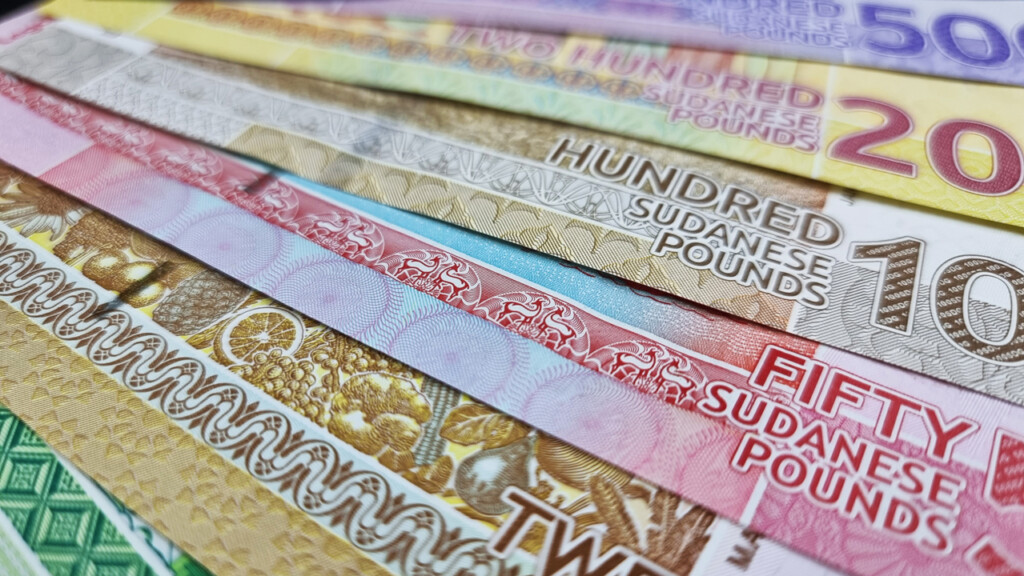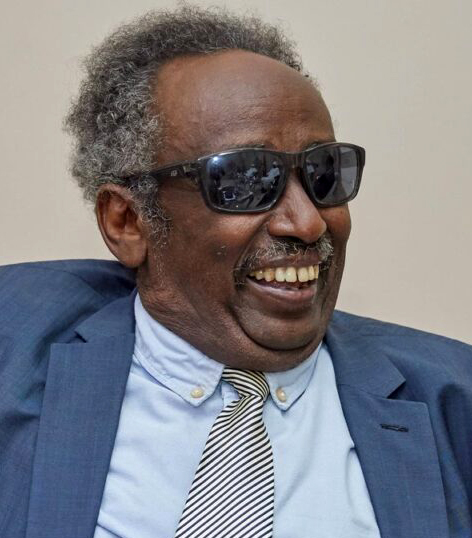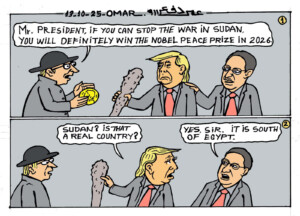Economists sound alarm as Sudan’s trade deficit hits $6.7 billion

Sudanese Pounds (Photo: AMB / RD)
KHARTOUM –
A leading Sudanese economist cites the decline in petroleum production and the loss of traditional markets following the October 2021 military coup d’état, after the Central Bank of Sudan stated in its annual report for 2022 that the trade balance deficit has risen to an unprecedented $6.7 billion in 10 years. According to the annual report, in 2022, the country’s imports rose to $1,194,000,000, while exports amounted to $4,357,418,000.
Economic expert and leading member of the Communist Party of Sudan, Sidgi Kaballo, attributed the large rise in the trade balance deficit following the military coup d’état in October 2021 to “the decline in petroleum production and the loss of traditional markets for the second time after the situation began to improve after the fall of the previous regime [in April 2019]”.
In an interview with Radio Dabanga, Kaballo noted the increase in smuggling, especially of gold, and the decrease in livestock exports, in particular to Saudi Arabia.
He pointed to the impact of the government vacuum for more than a year, the lack of an effective Ministry of Commerce, the weak banking system, the scarcity of foreign currency, and the increase in the import of complementary goods.

‘The ensuing increases in production costs and weakened competitiveness cause more deficit in the trade balance…’ – Sidgi Kaballo
Regarding the impact of the increase in the trade balance deficit, Kaballo said that this leads to a decrease in the value of the Sudanese pound and increased inflation rates and leads to an increase in prices. “The ensuing increases in production costs and weakened competitiveness cause more deficit in the trade balance.”
The economist emphasised the importance to regulate imports by stopping the import of complementary commodities, to produce more than only raw materials, to regulate the gold trade and reform oil and gas production in order to reduce the high number of imports. He also called for attracting investments to explore for gas near Suakin in Red Sea state and the southern part of the Blue Nile region.
He strongly criticised the increase in customs tariffs of more than 100 commodities fuel and cooking gas announced by the Ministry of Finance earlier this week. “This will lead to an increase in production and transportation costs all over the country and will severely affect the already dire living conditions of the people, who were recently plagued again by raised power and water tariffs“.
Kaballo further lamented that the decision of the Finance Ministry of Finance “is not based on any economic policy aimed at encouraging local industry nor is it accompanied by any measures to encourage local production”.
Economist Osman Kheiry explained to Radio Dabanga that the reasons for the deficit in the trade balance are that the government allows the import of goods in order to benefit from the imposed customs and taxes, while exports are declining due to raised levies.
“The Sudanese economy is suffering from exhausting pressure, high production costs, and the increase in levies at all levels of government, which in the end leads to obstruction of the export chain,” he said, pointing to “the complete paralysis in the industrial sector, due to high levies and taxes, high import costs, and the weakness of the agricultural sector due to high input costs”.
The economist expects “the trade balance deficit to continue to increase and to generate an explosive inflation unless the state pays attention to attracting investments and partnerships”.
Kheiry warned of the entry of a ‘mafia’ in the field of exports made up of corrupt military and civilian officials involved in smuggling and organised crime.











 and then
and then